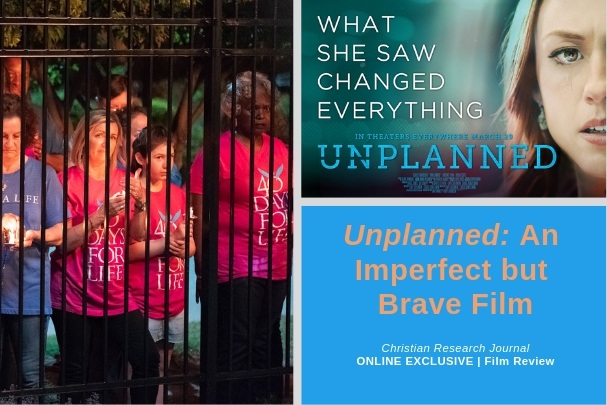

The conservative, then, believes that prospects are daunting but also that there is nothing irretrievable about the situation right now. You can’t prevent something from being destroyed if it has already been destroyed. Knowing that “victory itself will be temporary,” he continued, “we fight rather to keep something alive than in the expectation that anything will triumph.” Sisyphus, it appears, was the first conservative.Īt the same time, the work of conserving makes sense only for those who expect the situation to deteriorate in the future but who also believe that it’s not presently hopeless. There is “no such thing as a Lost Cause because there is no such thing as a Gained Cause,” T.S.

The conservative is resigned to a never-ending supply of evidence demonstrating that no good thing is ever so good that fallible humans-forgetful of the past, ungrateful in the present, improvident regarding the future-can avoid squandering or scorning it. To embrace conserving as a defining obligation is pessimistic in one sense and optimistic in another. What is it that conservatives conserve? And why does what they conserve need conserving? Further, from whom or what does the object of conservatives’ concern need to be kept safe? Which people, groups, or impersonal forces would damage or destroy it?


 0 kommentar(er)
0 kommentar(er)
